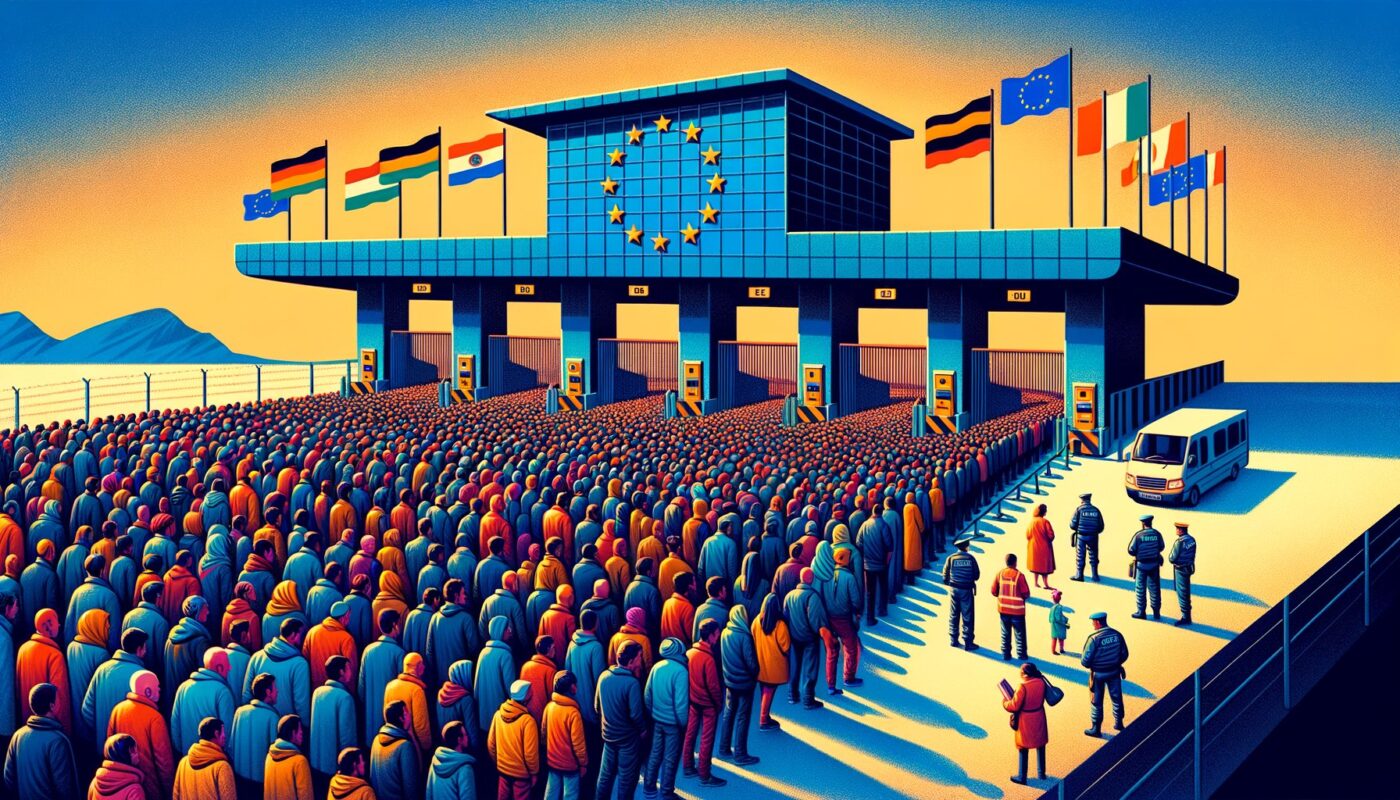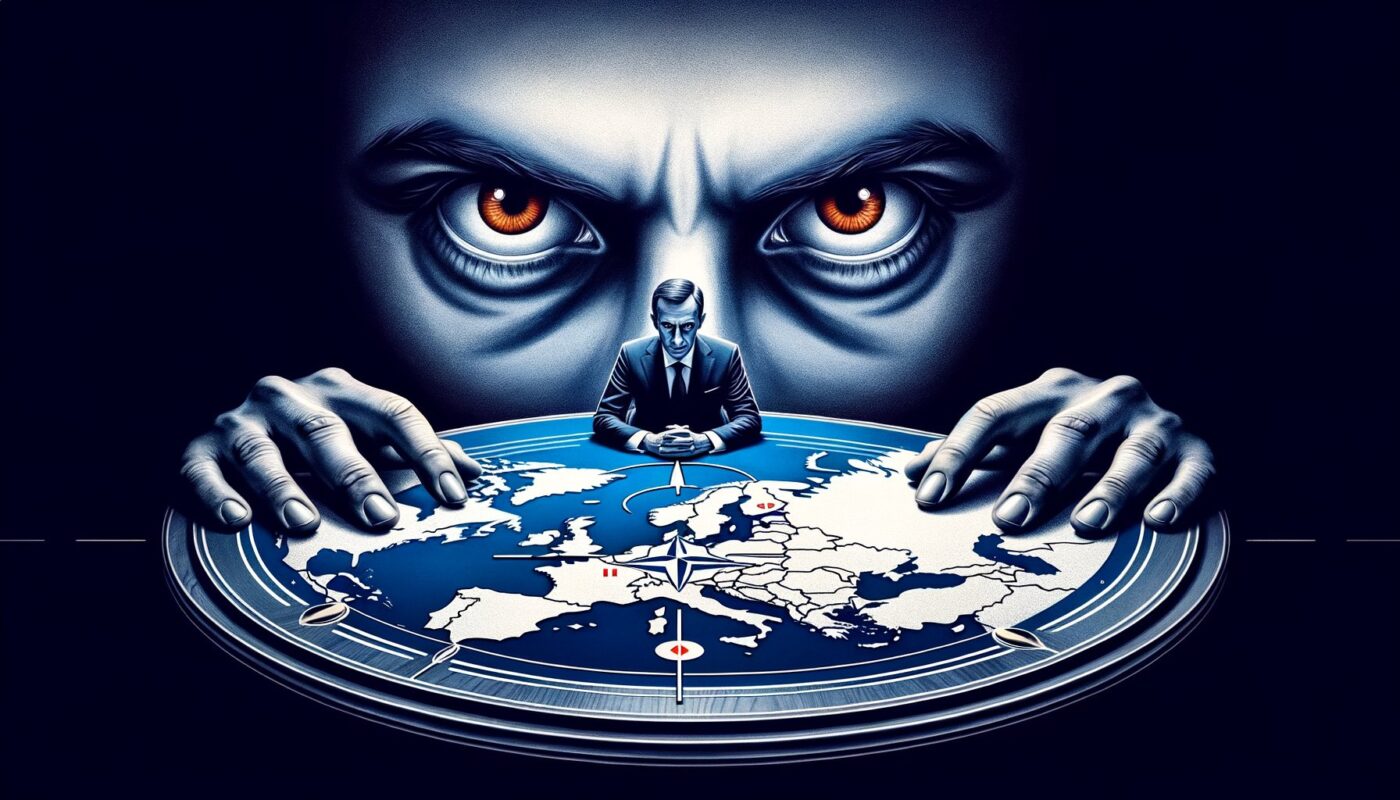The European Union (EU), known for its symbolic border-free Schengen Area, is witnessing a notable shift as more member countries reintroduce border controls. This trend, which marks a departure from free movement principles, is becoming a controversial and pivotal issue in today’s European discourse. Many are questioning whether this move signals the end of the EU’s borderless dream.
Understanding the Recent Border Control Measures
In recent months, several EU countries have reimposed internal border checks in response to rising concerns about security and migration. Germany has initiated checks at all its land borders, despite having long-standing agreements as part of the Schengen Area. German Interior Minister Nancy Faeser stated that the controls are essential until the number of incoming migrants decreases, highlighting a need for better refugee distribution across the EU.
France, mirroring this trend, has reintroduced sporadic checks citing terrorism concerns. Meanwhile, the Netherlands has begun controlling its border with Belgium and Germany. Such developments reflect a broader trend of countries prioritizing national security over collective EU agreements.
The Legal and Political Context
The implementation of these controls is subject to specific EU regulations. Countries are allowed to impose such measures for up to six months with a valid justification submitted to the European Commission. However, extensions require changing the stated reasons or other legal maneuvers, leading many to feel that these controls are becoming more of a norm than an exception.
European officials like Austria’s Magnus Brunner emphasize the need for improved external border controls to maintain a sense of security within Europe. The complexities of legal frameworks and national sovereignty issues further complicate the situation, making a cohesive EU response challenging.
Implications for the Future of the EU
The rising tide of internal border controls has prompted concerns among EU leaders and citizens alike. Luxembourg’s interior minister, Leon Gloden, criticized the reintroduction of these controls as “unacceptable” and contrary to the core achievements of the EU, underscoring the symbolic importance of Schengen.
The debate continues about how these controls affect trade, travel, and the EU’s foundational principles of unity and cooperation. Notably, this issue arises as Romania and Bulgaria prepare to join the Schengen Area in January 2025, highlighting the complex interplay of expansion and restriction within the EU.
The question of border controls is not just about immediate security concerns but also about the identity and future vision of the EU. With its 40th anniversary approaching, the Schengen Agreement stands at a crossroads—between adapting to new challenges and preserving the ideals of a borderless Europe.
Ultimately, as more countries reassess their positions, the conversation around border controls in the EU will likely continue to evolve. The EU must reconcile its security needs with its broader goals of unity and free movement, ensuring that measures taken are both effective and in line with the spirit of European integration.
For more on how these trends are impacting the broader geopolitical landscape, see this comprehensive analysis.
Warning : This information is indicative and without guarantee of accuracy. Consult a professional before making any decision.





